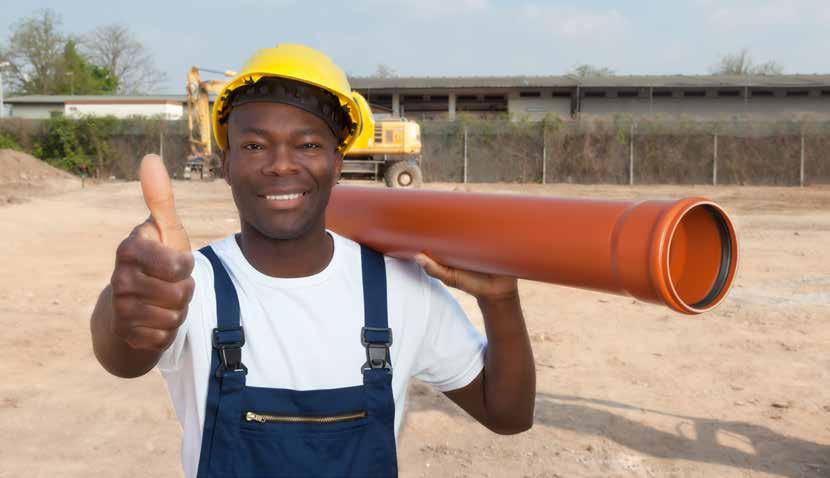SAMPLING & ANALYSIS
SA tracks Covid-19 in wastewater
The Water Research Commission (WRC) has undertaken a proof of concept study for the use of wastewater and water quality surveillance to monitor the spread of Covid-19 in South African communities.
P
reliminary results from the study show proof of concept both in terms of virus recovery methods and positive gene amplification of SARS-CoV-2 (the virus that causes Covid-19) at several wastewater treatment plants. Samples have been taken from plants across the country and results show an increase in the viral load in the samples being tested with time, which corresponds to the increase in case numbers in South Africa’s hotspots.
Wastewater-based epidemiology
Wastewater-based epidemiology (WBE) is not a new concept. It has been used in the past to help inform broader infectious disease epidemiological surveillance and mitigation efforts, as well as to monitor licit and illicit drugs and chemical contaminants that may impact human health. SARS-CoV-2 is shed at relatively high titres in the stool of some infected individuals and
viral gastrointestinal infection, or at least shedding, can remain for some time after the virus has been cleared from the respiratory tract. As a result, surveillance of SARS-CoV-2 signals or biomarkers in wastewater offers a low-cost solution for tracking Covid-19 outbreaks in communities. This is generally done by tracking RNA (ribonucleic acid) in wastewater by means of reverse transcriptase polymerase chain reaction (RT-PCR). Several countries, including Australia, China, France, Israel, Italy, Japan, the Netherlands, Spain, Turkey and the USA have reported detecting SARS-CoV-2 RNA in untreated domestic wastewater. Now, South Africa is doing the same. The WRC asserts that the current total picture of SARSCoV-2 virus circulation within the South African population is incomplete and the number of infections most likely underestimated. This is due to testing limitations as well as the likely large number
of asymptomatic individuals (estimated to be 45%). By rapidly replicated WBE programmes in South Africa, the WRC believes the sector will have a tool that provides valuable additional information about the spread of the virus. This will serve to complement health surveillance and act as an early warning system for infection in a community by providing a more sensitive and rapid indication of changes in infection rates before they become clinically detectable.
Proof of concept study
The WRC commissioned the proof of concept study to validate sampling and analysis methods in the South African context. This short-term study will help inform and facilitate a nationwide initiative for the surveillance of Covid-19 spread using an approach focused on water and sanitation. The study includes samples taken from the raw influent at eight wastewater treatment works in hotspot areas, as well as at three package plants S E P T/ OC T 2020
21




















